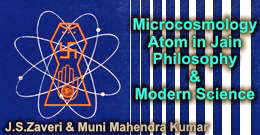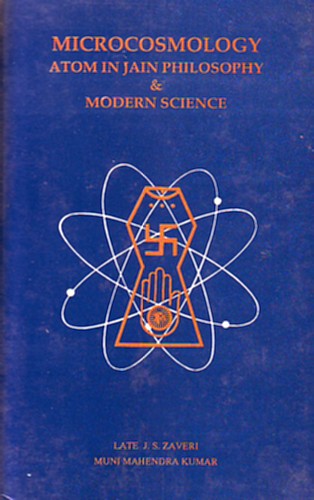
Pudgala - Classification
Classification means grouping of similar things in accordance with some system or aspect. The infinite varieties of material objects constituting the physical order of existence can be classified in various ways, and from various aspects, both systematic and arbitrary. As we have already seen, the Jain philosophy describes the character of an object through fourfold determinants: the substance (dravya), space (ksetra), time (kala) and attributes (bhava).
Thus, to emphasize infinitely infinite multiplicity of the physical substance, it is described as under:
- Substancewise:
Pudgala is infinite. That is to say that infinitely infinite numerically different ultimate atoms (paramanus) exist either independently (in free or unattached state) or in combination making infinite composite bodies {skandhas). Conversely, infinite composite bodies break up into infinite smaller components or infinitely infinite ultimate atoms.
- Spacewise:
Each and every space-point of loka (cosmos) is occupied by infinite number of ultimate atoms and composite bodies. There is not a single space-point where there is neither an ultimate atom nor a composite body. According to Jain cosmology, there is no vacuum anywhere in the cosmos. That is, the entire cosmic space is 'plenum'. It is only the aloka (non-cosmic space), which is totally vacuum.
- Timewise:
The physical existence is eternal and indestructible, not a single new ultimate atom is created nor destroyed. Inspire of infinite fissions and fusions occurring at every time-point, the total existence persists; it has neither beginning nor end.
- Qualitywise (Attributewise):
It is a substratum of infinite qualities making infinite types. Again, since each of these infinite varieties is capable of infinite mutations and transformations, the entrire physical existence is infinitely infinite.
 Jethalal S. Zaveri
Jethalal S. Zaveri
 Prof. Muni Mahendra Kumar
Prof. Muni Mahendra Kumar

